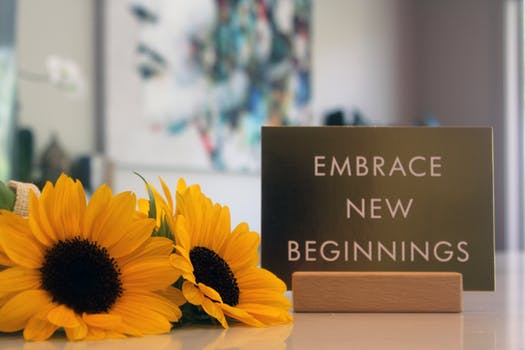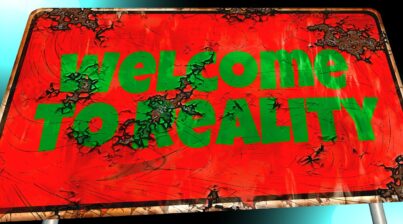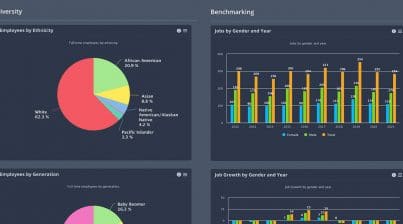The credit has been split between Machiavelli and Sun Tzu for coining the notorious phrase, Keep your friends close, and your enemies closer.
When reading this title you may have thought I was positioning HR as the enemy, but this article actually does the exact opposite. More than ever, companies should make sure their HR team is NOT looked at as a cost center, but a very strategic function that ensures the workplace is a safe, diverse, inclusive, and engaging environment.

Point blank. Keep your HR team as close as possible, because having lots of crazy shit happen at work almost seems inevitable at this point. And I don’t mean keep your HR team around as a walking and talking insurance policy in case shit goes down. I’m saying empower your HR leader with the appropriate team, technology, and autonomy to proactively identify trends, potential threats, and issues that could negatively impact the workforce.
You may be thinking, “Bruce, where is this coming from?”…I’m so glad you asked!
While recently attending the 4A’s @Talent2030 conference as a panel moderator and sponsor, I also had the awesome experience of attending some of the sessions. Boy was I blown away.
As CEO of an HR dashboard software company, I talk to HR leaders about their workforce goals and how they’re supported by data every day. But being a fly on the wall and listening to all of the hurdles HR has to navigate to make the workplace awesome, I had the chance to hear and think about the non-obvious aspects of HR’s responsibilities, which inspired me to share my thoughts.
Here are just some of the themes that were covered during the conference, and I hope everyone reading shares this with others to make sure we’re all working together to make work a place we all enjoy.
1. Civility and Respect
Hearing about the loss of civility and respect in the workplace wasn’t shocking, but it’s definitely a punch in the face for everyone to remember that it cost nothing to say please, thank you, and you’re welcome. It literally costs nothing! But for some reason, those words are harder for most of us to say than a lot of other four-letter words you might be thinking. Obviously, when you think of disrespect, you might jump straight to sexual harassment or discrimination, but there’s a whole other side of high school-type bullying happening in the workplace that’s just not cool.

What was even more interesting (and sad) is the amount of stress that’s put on so many of us because we feel disrespected at work. I believe the quote stated was that “80% of all doctor visits were stress-related.” And to know that this lack of civility and respect can lead to sickness, depression, or even death, is something we all need to take very seriously when thinking about how we’re interacting with others.
2. Employees Having Side Hustles
For a long time, employees solely relied on the income from their job to take care of themselves and their families. But in a connected and digital world, there’s a lot more opportunities to generate extra income. Whether it’s renting out a room in your home on Airbnb, driving for Uber or Lyft, or selling handmade goods online, the everyday person has lots of options to stuff the piggy bank.

For most employers, those options are totally fine. But what about the employees who want to use the same skill they use at work, but for themselves? A lot of companies have things like non-competes or other legal methods to keep employees from performing the same service they provide at work outside of work, but it’s important to ask does this make sense?
Because of this trend, HR and other stakeholders now have to determine if employees can freelance without facing legal issues, what does the word “compete” now mean, and if employees can actually have time during the workday to work on their own projects. Tricky stuff!
3. New Skills and Roles
We all know the digital transformation is forcing every company and employee to look in the mirror, and make sure we’re all keeping up with technology. Of course that’s nothing new. But what is more unclear are the actual skills that all employees will need to survive in the future of work.
Similar to how college students have classes, or prerequisites, that everyone has to take regardless of major, what are those skills for today and the future? Should everyone have a basic understanding of artificial intelligence? How about a basic understanding of analytics? During one of the sessions I attended, Allison Kent-Smith from Smith and Beta believes that all employees in agencies should be able to create and design prototypes. That’s an interesting thought.

What makes this even more complicated is that most of these newer required skills are totally different from what most employees do today, and HR will have do a much better job taking inventory of who can do what. This will be hard work, but this will definitely allow employers to have a deeper understanding of their skills gaps, providing direction for who to hire that does have the required skill sets.
Conclusion
Beyond the obvious major issues around sexual harassment, discrimination, and diversity, HR has a host of workplace issues and concerns that exist today, and coming very fast in the near future. In order to make sure your organization is ready for all of this change, your HR leader will have to be strategic, data-driven, and forward-thinking. I hope this serves as a great argument, for why you need to keep HR as one of the closest advisors in your business.
About Bruce Marable: Bruce is co-founder and CEO of the HR dashboard Employee Cycle. When Bruce is not helping HR executives better understand the story behind their workforce data, he’s serving as Board Chair of the non-profit youth coding program Coded By Kids, making fun playlists on Spotify, and hunting down the best bread pudding in whichever city he’s in.












